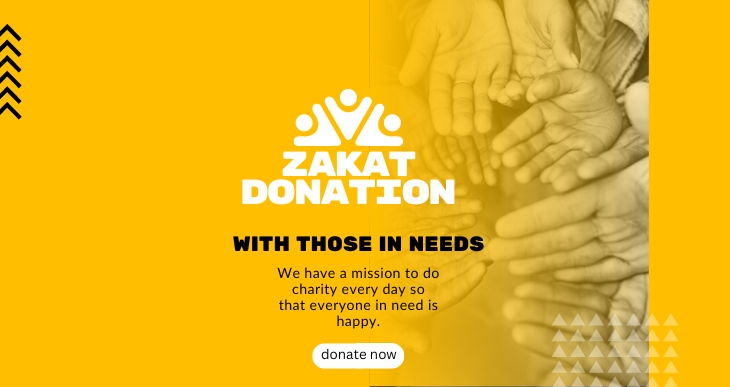Donating Zakat, a fundamental pillar of Islam, provides substantial benefits not only to the recipients but also to the donors. It is a form of obligatory charity that involves giving a fixed portion of one’s accumulated wealth to those in need. This practice has profound economic, social, and spiritual implications, fostering a sense of community and compassion while promoting financial and social equity.
1. Benefits to the Recipient
a. Alleviation of Poverty:
The primary goal of Zakat is to alleviate poverty and reduce economic inequality. Recipients of Zakat often include the poor, the needy, and those in debt. By receiving these funds, they can access essential needs such as food, clothing, shelter, and healthcare. This immediate relief can significantly improve their quality of life and provide them with opportunities to escape the cycle of poverty.
b. Empowerment through Education and Employment:
Many Zakat programs focus on long-term solutions to poverty by investing in education and vocational training for recipients. By supporting educational initiatives, Zakat donations help children and adults acquire the skills and knowledge needed to secure better-paying jobs. This empowerment through education can lead to sustainable economic development and improved living standards for entire communities.
c. Strengthening Community Resilience:
Zakat funds are often used to build and maintain community infrastructure, such as schools, hospitals, and clean water systems. These projects enhance the overall resilience of communities, making them better equipped to handle economic and environmental challenges. Strengthened communities are more capable of supporting their members and fostering a sense of collective responsibility and solidarity.
2. Benefits to the Donor
a. Spiritual Fulfillment:
For the donor, giving Zakat is a deeply spiritual act that fulfills a fundamental religious duty. It is considered a form of worship and obedience to Allah’s commandments. By fulfilling this obligation, donors purify their wealth and soul, removing any attachment to material possessions and fostering a sense of humility and gratitude. This spiritual fulfillment can lead to inner peace and a stronger connection to their faith.
b. Ethical and Moral Growth:
Donating Zakat encourages ethical and moral growth by cultivating empathy and compassion for those less fortunate. It reminds donors of the importance of generosity and the impact of their wealth on others. This moral growth extends beyond financial giving, influencing donors to adopt more altruistic behaviors and attitudes in their daily lives.
c. Socioeconomic Stability:
On a broader scale, the redistribution of wealth through Zakat contributes to socioeconomic stability. By helping to reduce poverty and inequality, donors contribute to a more balanced and harmonious society. This stability benefits everyone, including the donors, as it reduces social tensions and promotes a sense of collective well-being and security.
3. Building Stronger Communities
a. Fostering Social Cohesion:
Zakat fosters social cohesion by bridging the gap between different economic classes within a community. When wealthier members of society support those in need, it creates a sense of unity and shared purpose. This act of giving reinforces the idea that everyone is part of a larger, interconnected community where each individual has a role in supporting and uplifting others.
b. Promoting Responsibility and Accountability:
For donors, giving Zakat instills a sense of responsibility and accountability for their community’s welfare. It encourages them to be mindful of their wealth and how it can be used to benefit others. This sense of responsibility can lead to more active and engaged citizens who are committed to contributing positively to their society.
4. Long-Term Impact
a. Sustainable Development:
The long-term impact of Zakat donations is profound. By addressing immediate needs and investing in sustainable development projects, Zakat helps create a foundation for continuous growth and improvement. This sustainable approach ensures that communities can become self-reliant and less dependent on external aid over time.
b. Intergenerational Benefits:
The benefits of Zakat extend across generations. When families receive support through Zakat, it can break the cycle of poverty, allowing future generations to grow up with better opportunities and resources. This intergenerational benefit contributes to a more equitable and prosperous society in the long run.
If you want to help the poor needy children and families then visit our website: www.orphancare.co.uk.
In conclusion, donating Zakat provides significant benefits to both the donor and the recipient. It alleviates poverty, empowers individuals through education and employment, and strengthens community resilience. For donors, it offers spiritual fulfillment, ethical growth, and a sense of responsibility. By fostering social cohesion and promoting socioeconomic stability, Zakat donations help build stronger, more resilient communities. Ultimately, the practice of Zakat embodies the principles of compassion, generosity, and social justice, creating a positive and lasting impact on society.

